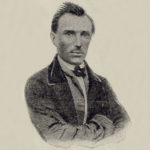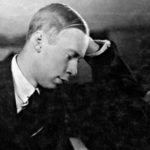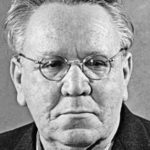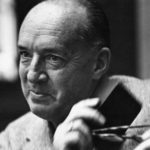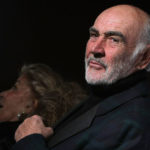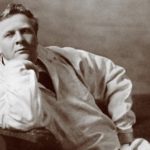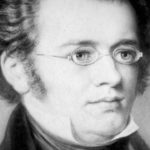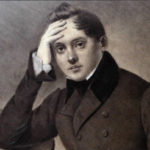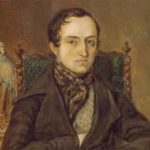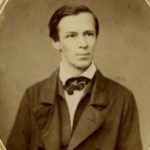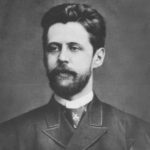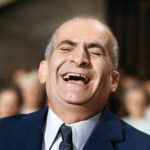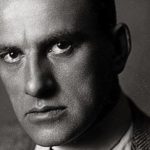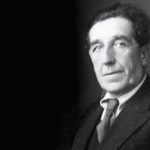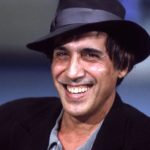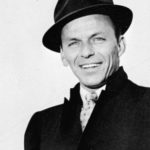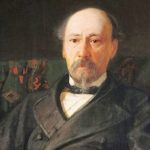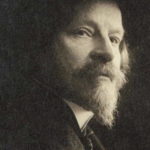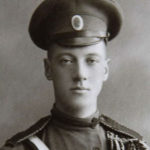Interesting facts about Vladimir Vysotsky
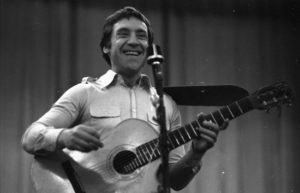 This music, affecting the most intimate strings of the soul, lives forever in the hearts of people – this was proved by Vladimir Vysotsky, a brilliant poet, singer and actor. His hoarse voice, sounding under an acoustic guitar, is deeply buried in the memory and souls of people who have heard his songs.
This music, affecting the most intimate strings of the soul, lives forever in the hearts of people – this was proved by Vladimir Vysotsky, a brilliant poet, singer and actor. His hoarse voice, sounding under an acoustic guitar, is deeply buried in the memory and souls of people who have heard his songs.
During the life of Vysotsky wrote about eight hundred songs, and also played about thirty roles in the cinema and twenty – on the stages of theaters.
In his youth, the poet and singer seriously engaged in sports acrobatics and boxing.
The first poem young Vladimir wrote in school, in the 8th grade. It was dedicated to the memory of Stalin.
When young Vladimir Vysotsky first came to the tests, he was told that with such a voice he would never become a singer.
His adaptation of the novel “The meeting place can not be changed” is partly due to Vysotsky, who in the film played the role of Gleb Zheglov. The singer was so imbued with the book that he put a lot of effort so that it was filmed.
Because of the strained relations with the Soviet authorities, Vysotsky’s songs did not sound on the radio, and television did not show his concerts. There were attempts even to forbid him to act in films.
Wolf in the famous cartoon “Well, wait a minute” was originally supposed to be voiced by Vladimir Vysotsky, but because of the intervention of the authorities, Papanov was eventually invited.
One of the most notable roles of Vysotsky in the theater was the role of Hamlet in the production of Shakespeare’s play.
Once in Sochi, Vysotsky’s apartment was cleaned by burglar thieves, but later they returned all things, attaching a note with apologies, which also stated that they did not know who lived in the apartment.
In 1978, Vysotsky was officially awarded the title of pop soloist-vocalist of the highest category.
The actor and singer loved cars avidly, but he usually drove very quickly and famously, which is why he got into accidents more than once or twice.
For most of his life, the singer often abused alcohol and cigarettes.
In the last poem, written by Vysotsky on the recipe of a medicine shortly before his death, he predicted his quick demise.
In all the years of Vysotsky’s life, on Soviet television, he has never been shown a single interview with him, and not a single concert.

